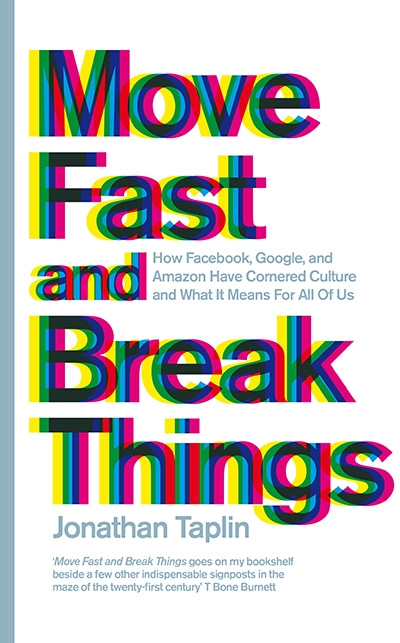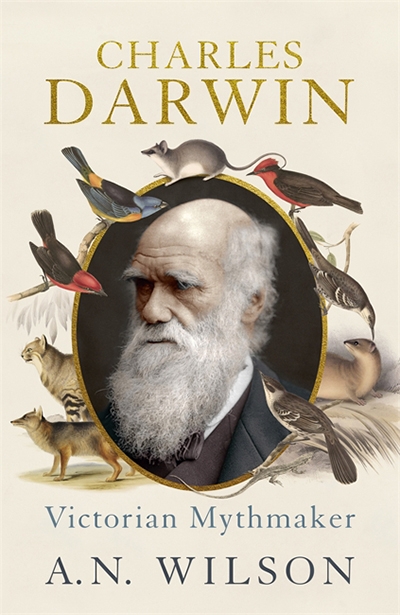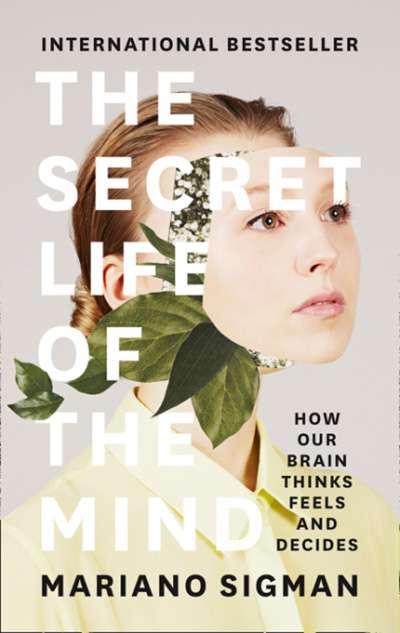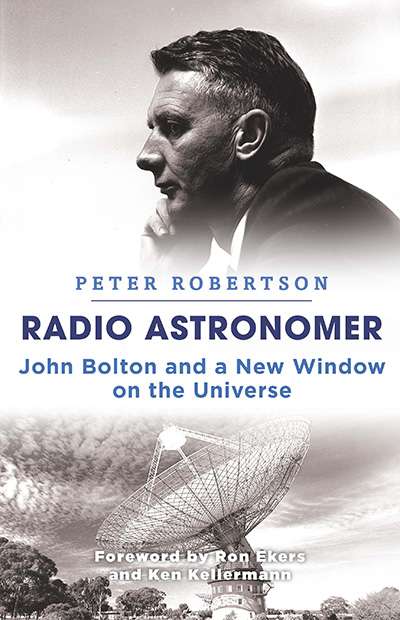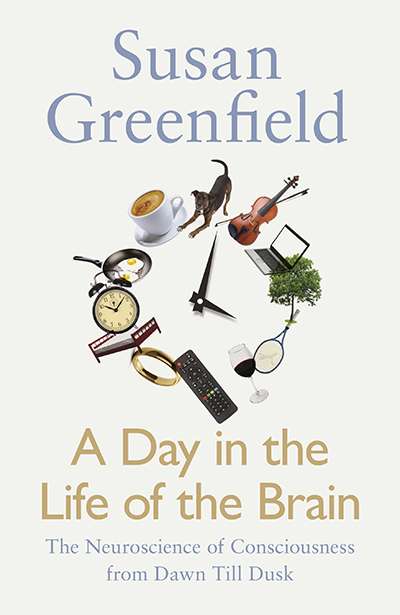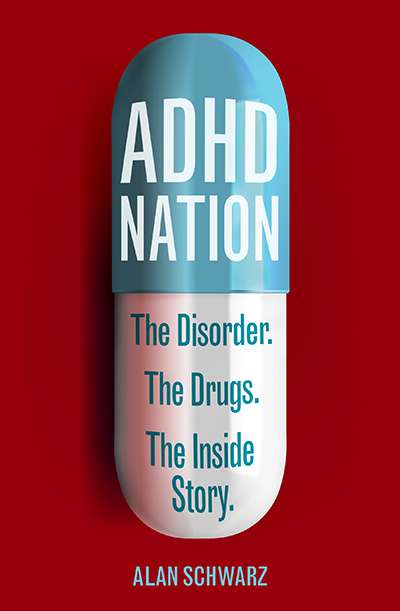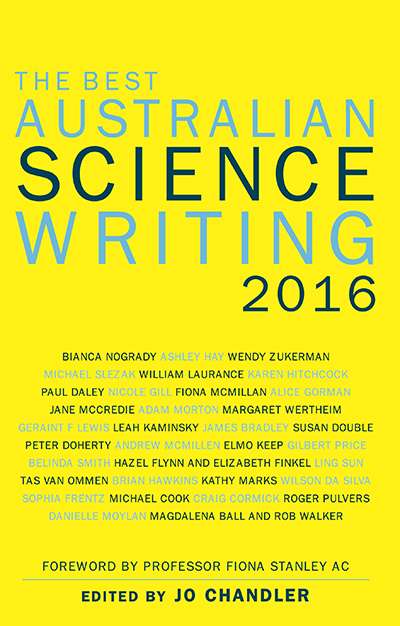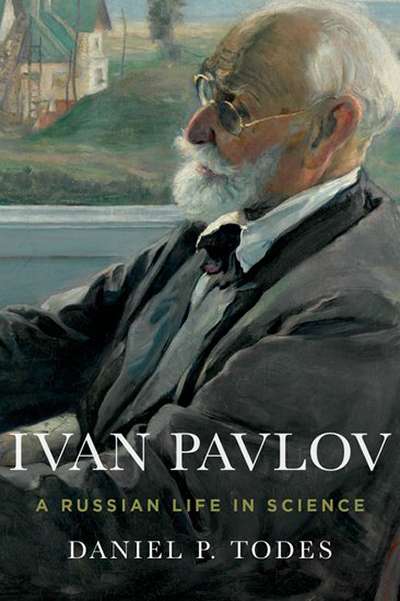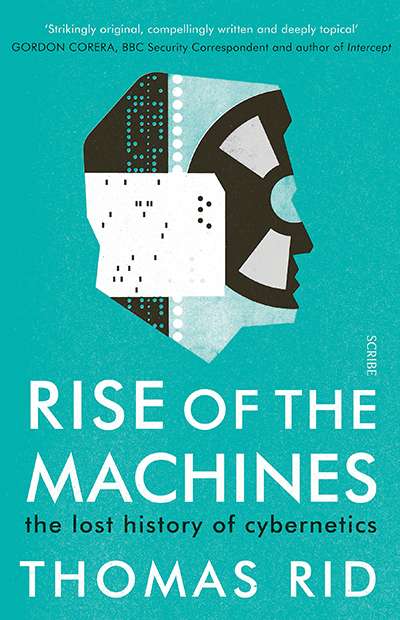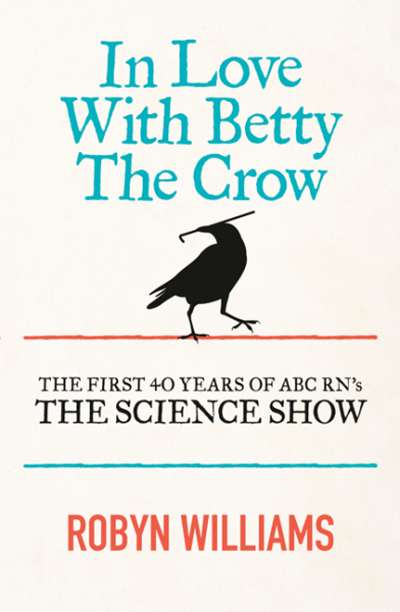Science and Technology
Move Fast and Break Things: How Facebook, Google, and Amazon cornered culture and undermined democracy by Jonathan Taplin
Good books are like recurrent dreams: haunting the reader’s waking hours by sitting, tantalisingly, on the edge of conscious thought. Take, for example ...
... (read more)Millions of words have been printed by and about Charles Darwin. There are hundreds of biographies, the dozens of books he wrote (including his own autobiography), as well as various pamphlets, essays, correspondence, diaries, manuscript notes, and other ephemera. Fascinating though the man and his work is, it must be hard to come up with anything ...
... (read more)The Secret Life of The Mind: How our brain thinks, feels, and decides by Mariano Sigman
Along time ago in a university far, far away, I received an application for graduate study in psychology. The applicant claimed to have no particular orientation to the field, just a broad and open-minded curiosity. In her own words, she was a ‘tabula rosa’: a rose tablet. The student had misrendered John Locke’s famous tabula rasa, the empiricist metaphor of ...
Radio Astronomer: John Bolton and a new window on the universe by Peter Robertson
What shocks me, as I consider this important new book, is how completely John Bolton has disappeared from the public mind. Just consider, he pioneered extragalactic radio astronomy, built two superb radio telescopes, was worthy of a Nobel Prize, hired or mentored a generation of top scientists – and was played by Sam Neill in the film The Dish (2000). Nei ...
A Day in the Life of the Brain: The neuroscience of consciousness from dawn till dusk by Susan Greenfield
The youthful genre of popular neuroscience enjoys a few advantages that popular psychology, its older sibling, does not. The general public holds neuroscience in higher esteem, more confident in its scientific legitimacy. The concreteness of brain science – its colourful scans, its focus on a kilogram or so of custardy matter rather than a weightless cloud of mind ...
ADHD Nation: The disorder. The drugs. The inside story by Alan Schwarz
The spectrum of opinion on attention deficit hyperactivity disorder – ADHD in the acronym-crazed world of psychiatry – runs from the firiest red to the deepest purple ...
... (read more)The Best Australian Science Writing 2016 edited by Jo Chandler
Most scientists are writers. Notwithstanding the distortions induced by the ‘publish or perish’ imperative of funding agencies and academic appointment committees, the publication of original research is fundamental to the scientific process. Depending on the field, a successful scientist may write a hundred or more publications over his or her career. In terms ...
Conventional wisdom has it that Ivan Pavlov made dogs salivate to the sound of a bell, discovered the conditioned reflex, and laid the foundations for behaviourism, an austere creed that ruled the mind to be off limits for science. Almost all of this is false. Pavlov’s bell was in fact a sophisticated adjustable buzzer. The ‘conditioned reflex’ is a mistransla ...
Rise of the Machines: The lost history of cybernetics by Thomas Rid
What is the definition of the postmodern concept known as cybernetics? Englishman and mathematician Thomas Rid, a professor in the War Studies department at ...
... (read more)IN LOVE WITH BETTY THE CROW: THE FIRST 40 YEARS OF ABC RN’S THE SCIENCE SHOW by Robyn Williams
When David Attenborough's memoir Life on Air was published in 2002, the magazine I worked for arranged for me to interview him. By then I had been interviewing people for a while and thought myself quite unflusterable. I keyed in the number, listened to the dial tone. And then it was as if the call had been answered by God (interesting, as an atheist). My r ...


